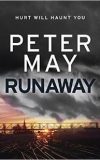
On 15 January, Quercus is publishing Peter May’s latest book, Runaway. Well known for his Lewis trilogy – set in the Hebridean Islands – as well as his recent hit Entry Island which is set on an island in the Gulf of St Lawrence, Canada, Runaway is a standalone that… umm… really doesn’t feature any islands at all. Instead, it’s the story of a group of friends who run away from life in Glasgow to find fame and fortune in London. That part of the story is semi-biographical, as May did exactly that when he was 17. However, in Runaway wrapped up in that experience is a murder mystery. Below, we bring you a feature by Peter May all about the 1960s, what it was like to run away, how he researched the book 50 years later, and more.
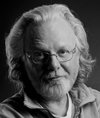
So let’s hand over to Peter May, and his new book Runaway…
It is easy to imagine that we lived in more innocent times 50 years ago, and that running away from home was not as dangerous then as now.
But I think that would be a mistake. The 1960s was just a few years away from the end of the worst war in the history of mankind, and the most heinous act of evil perpetrated by the Nazis in the form of the Holocaust.
The difference is that while the media in those days painted a veneer of innocence over a society in decline, today the full gamut of debased behaviour, from child abuse and political corruption, to human trafficking and other horrors, are paraded daily on the front pages of our newspapers.
The world was not safer then, we are just more savvy now. So when I think back to that time, not long after I had turned 17, when I and my fellow band members ran away from home – from Glagow to London in search of fame and fortune – I shudder at our naivety. That we came through it more or less unscathed owes more to good fortune than good judgment.
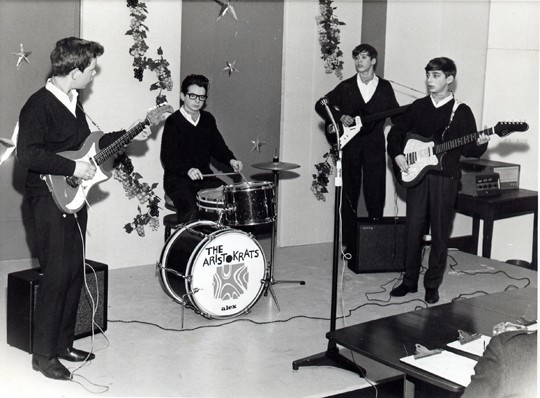
But it was a hell of an adventure, and in a way I suppose it was inevitable that, having become a writer, it would one day provide the basis for a story. That story turned out to be Runaway, my latest crime novel. And when I shake my head now in recollection of our stupidity, I also revel in the opportunity that the story gave me to relive a little of my past, playing God with reality and reshaping it in fiction.
Writing the book was an exhilarating, sometimes dark, and often emotional journey into my own history. To research it I bid on eBay for a 1965 AA Road Atlas of the UK, so that I could follow the exact route that the teenage characters in Runaway would have followed on their journey south that year. And I made that very trip myself in 2014, reliving the past, but also observing the Britain that those same characters would see when they made their return trip 50 years later to finally bring closure to an unresolved murder committed half a century before.
In London I revisited the places I recalled from my own runaway adventure, and more besides for the book. I wanted to recapture a real sense of 1965 London, and found myself tracking down the very spot, in an alley behind the Savoy Hotel, where Bob Dylan filmed his iconic video for Subterranean Homesick Blues in April of that year. I replay that moment in the book, witnessed by my runaway teenagers. They also have a brush with John Lennon, and are drawn into the very strange world of the Victoria Hall in the East End of London.
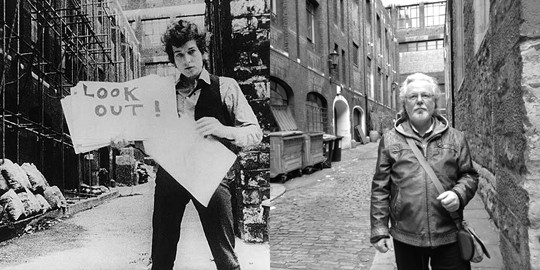
Here they become involved in the experimental treatment of schizophrenics by a celebrity psychiatrist pioneering the use of LSD. This was inspired by the work of RD Laing at the Kingsley Halls in Bow, East London, during the mid-to-late 60s. Laing was something of a media celebrity himself, controversial in his theories and treatments, and was in many ways a quintessential product of that decade. It was interesting that during my researches into Laing I discovered that my wife had been at school with his son, and that Laing and I had been taught to play piano at the same Glasgow music school.
To add to the sense of 60s authenticity, I named one of my characters after the eponymous Dr Robert in the Beatles song, which was, according to one theory, all about a real-life dentist who supplied drugs to the rich and famous in the 60s.
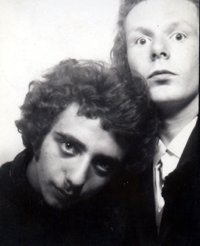
However, my real-life story has a real-life end to it. My oldest friend, Stephen Penn, who was one of my fellow runaways, and with whom I formed the original group, is now retired and lives full-time in the south of Spain. I recently bought an apartment there for spending the winter months, and last year Stephen and I got together to write and record an album of songs about our lives. It is called, oddly enough, Runaway, the title track being the musical version of our shared runaway adventure. It is available for download on iTunes, and the accompanying videos can be seen on our website.
Runaway by Peter May is out 15 January. Read our previous interview with Peter May here.








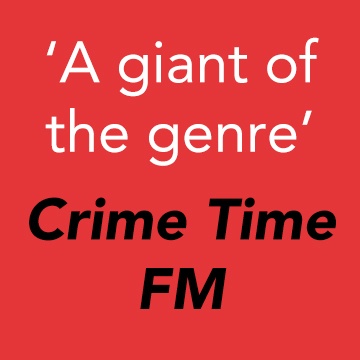
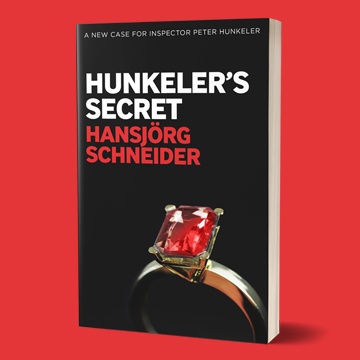
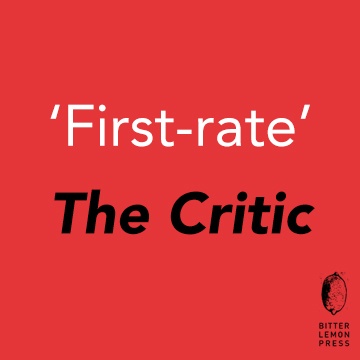
https://www.facebook.com/groups/edlis.cafe/permalink/610793762292493/
Excellent use of the Savoy site!